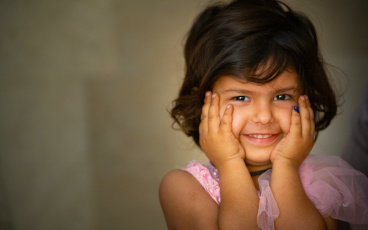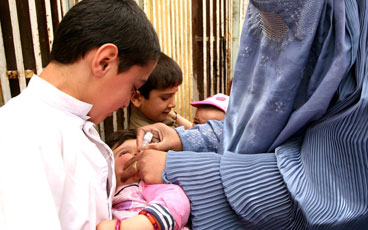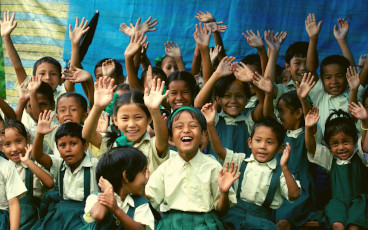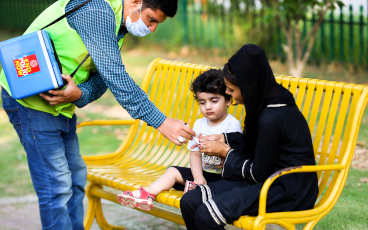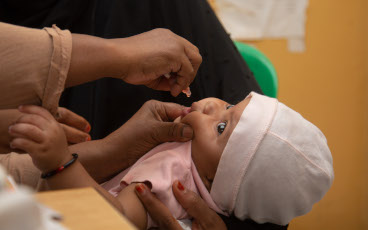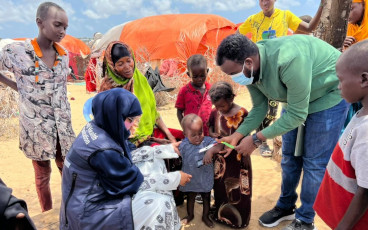A Pakistani Mother: Unstoppable, Even by Polio
Courageous Pakistani mothers, like polio survivor Saima, are key to ending polio’s paralysing effects on children for good – not just in Pakistan, but all over the world.
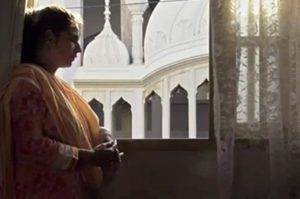
UNICEF Pakistan
This is not the first time Saima Liaqat has shown her courage.
Stricken by polio at age two, Saima was partially paralysed. Yet already, as a girl, she refused to let the disease get the best of her. She limped down the long dusty road to school so often, and studied so hard, that she became the first woman in her family to go to college.
Saima’s native Pakistan is one of only three countries on earth where polio is still endemic; Afghanistan and Nigeria are the others. Polio, as Saima knows all too well, attacks children with devastating, paralyzing results. The disease can be prevented by swallowing two drops of polio vaccine. Yet in small pockets of Pakistan, some parents have refused to allow their children to take the vaccine. And the recent polio outbreak in Syria is a reminder that, whenever children anywhere go unvaccinated, every child is at risk.
It will take courage – and the efforts of unstoppable women like Saima – to rid Pakistan, and the world, of polio once and for all.
In this TV spot, which has reached nearly 70 million viewers across Pakistan, Saima stands up, once again, to the disease that left her partially paralyzed. Now a wife and mother of three herself, she shares her story as a polio survivor and urges parents to accept the vaccine:
“I think parents become their child’s worst enemy when they don’t vaccinate them. You will regret it, if something happens to your child.”
As a mother, Saima has always refused to let polio hold her back.
“When my children were young, we would go to the park. I would play all sorts of games with them… badminton, cricket. I would take care of them all by myself,” says Saima. “I wanted to prove to people that I was still my own person.” Her courageous example has not been lost on Saima’s own children.
“I wanted to become a doctor so I could treat my mother,” says her daughter, Hamna. “Now I know this disease has no cure.”
Saima has taught her daughter to focus on what can be changed, rather than on regrets from the past. Still, even as Hamna speaks of the polio vaccine that can free children all over the world from this tragic disease, her voice is wistful. It’s hard not to wonder how different her mother’s life might have been – if only she had swallowed those two tiny drops of vaccine. Says Hamna:
“I wish my grandparents had given my mother polio drops, so she would not be in so much pain today.”


